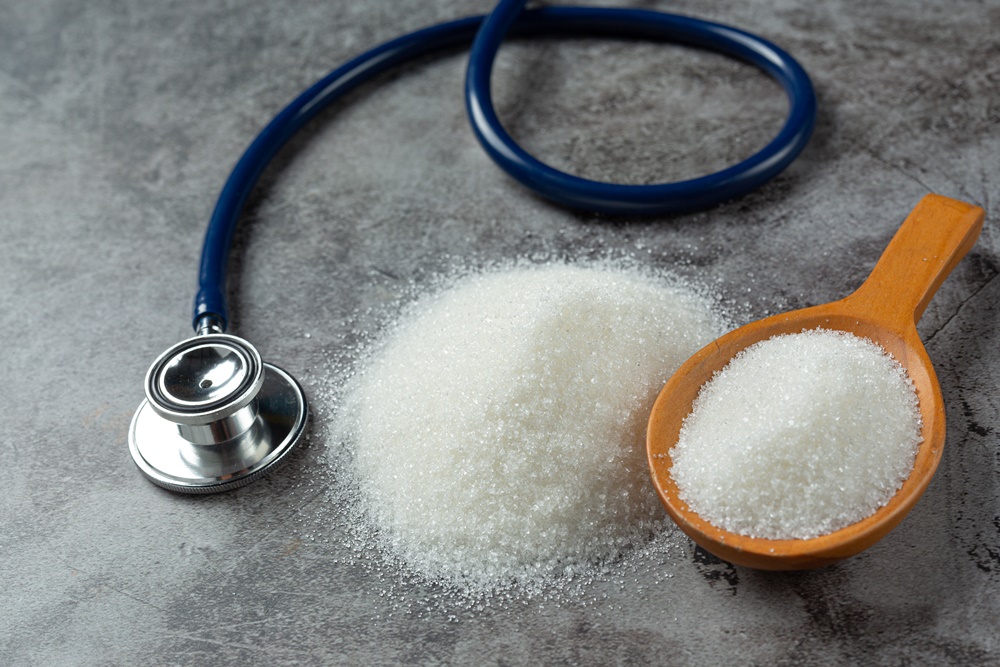Sugar reduction in processed food is an issue that has been widely discussed by the competent bodies and by the population that consumes processed food.
Cooperation between the National Health Surveillance Agency (Anvisa) and the Brazilian food industry seeks to offer products with fewer added sugars for the public. This initiative aims to reduce the risk of developing serious diseases such as hypertension and diabetes.
Promoting sugar reduction in food is not an easy task, after all, this ingredient directly influences things such as flavor and crispness. However, sugar can and should be replaced by healthier options.
Anvisa Presents the Sugar Reduction Plan in Industrialized Food and New Rules for Nutritional Labeling
Concerned with promoting healthier eating, Anvisa has launched the Sugar Reduction Plan in Industrialized Food, which aims to reduce the amount of this ingredient in the food.
More recently, in 2022, the federal agency has also made a change to food labeling. Consumers can now see the amount of total and added sugars (in grams) in each processed food they purchase at a grocery store, in addition to other components.
These changes in legislation aim to reduce cases of diabetes, cardiovascular disease, and cancer in the Brazilian population. These three chronic non-infectious diseases are among the most deadly in the world, being responsible for the death of 40% of individuals under 70 years of age.
The high intake of sugar, fat, and sodium from processed food and the low consumption of natural food are two factors that influence the development of these diseases. Therefore, promoting sugar reduction in the food industry has become a necessity.
READ MORE: How to Produce Value-Added Food?
Individuals Seek Sugar Reduction in Food
In addition to the legislation, there has been a significant change in the eating habits of a good part of the population. The reading of labels, something unusual, has become part of the daily life of Brazilians who go to the supermarket.
Whether for a genuine health concern, for an aesthetic appeal, or a mixture of both, the fact is that Brazilians are more concerned about the food they put on the table daily.
In this scenario, in order to comply with what the law says and continue providing food that pleases consumers, the food industry needs to offer sugar reduction in products. One way to do this is by opting for fiber inclusion.
Role of Fiber for Sugar Reduction in Processed Food
It is public knowledge that fiber is very important for healthy development and needs to be part of the daily diet. What few people know, however, is that it also contributes to decreasing sugar absorption.
According to research developed by the nutritional area, adding fiber to processed food has proven to be a great option for sugar reduction.
Fruit and vegetable powders (including soluble corn fiber), supplements, and dry extracts are forms that have been used by the industry to reduce sugar content in cereal bars, cake mixes, cookies, and dairy beverages, among other food.
READ MORE: How Does Food Affect Consumers’ Mental Health?
Get to Know the Work Developed by Frootiva® Co in the Search for a Healthier Diet
Did you know Brazil is one of the countries with the highest biodiversity on the planet? Finding fiber-rich fruits capable of promoting sugar reduction in processed food and, consequently, a healthier diet is one of the goals of Frootiva® Co.
As a way to encourage manufacturers to develop products with greater healthiness and less amount of preservatives and other artificial products, the company has different flavors of fruit powder, dehydrated vegetable powders, and dry extracts.
To learn more about the products and work done by the company, contact us by phone at 55 11 4765-0732 or fill out the contact form.


0 Comments